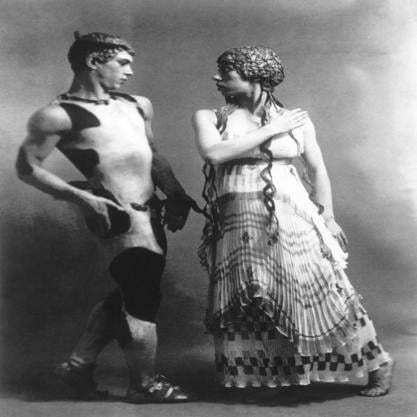Article
Lenin, Vladimir (1870–1924) By Pecora, Vincent P.
Article
Vladimir Lenin (born Vladimir Ilyich Ulyanov) was the most prominent figure in the translation of Marxist political economy and theories of proletarian revolution into successful practice. Marxism-Leninism was the first theoretical program of the first existing revolutionary communist state, put into effect between the Russian Revolution of 1917 and Lenin’s death in 1924, and became a model for subsequent communist parties and revolutions around the world. Lenin’s communist ideals were formed as a young man; he participated in earlier failed uprisings in Russia in 1902 and 1905, and lived much of his life in exile. Lenin’s fundamental contributions to Marx’s basic ideas about the inevitable decline of capitalism, as articulated in Das Kapital (1867), and about the development and triumph of a proletarian dictatorship in the service of the destruction of bourgeois state, in The Communist Manifesto (1848) written with Friedrich Engels, were twofold.





